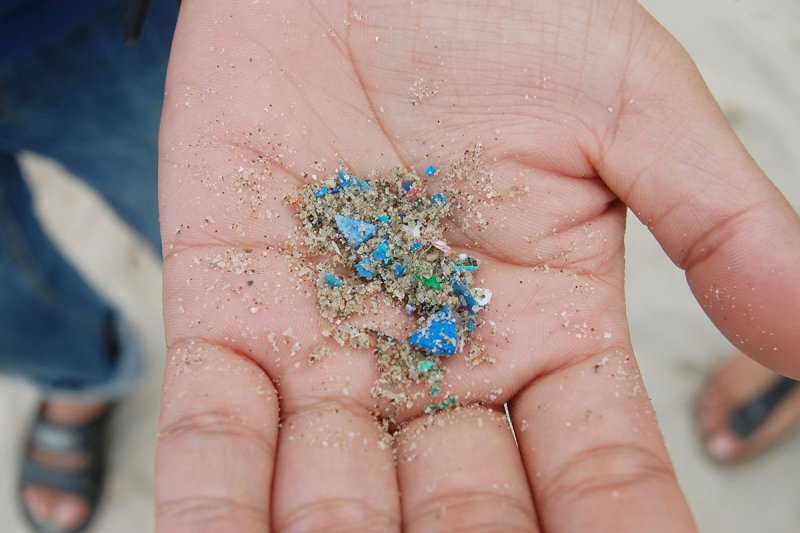Microplastics are not easily biodegradable, so they stick around for long periods of time and they also absorb and accumulate toxic chemicals. They disperse into wastewater and into the oceans, endangering marine animals who end up eating them and eventually trickling into the food chain and harming human health too. Microplastics had been found in more than 114 aquatic species in 2018, according to the International Maritime Organization, and they have been found in salt, lettuce, apples, and more.
Yet, there are not any sustainable, one-size-fit-all ways to eliminate microplastics.
With this research, [microbiologist Sylvia Lang] Liu and the team led by Professor Song Lin Chua and James Kar-Hei Fang have engineered a bacterial biofilm, from a bacteria called Pseudomonas aeruginosa, able to immobilise and incorporate rogue microplastics floating around in the water. These microbe nets trap and group the microplastics and make them sink to the bottom of the water. Then, thanks to a “capture-release mechanism” using a biofilm-dispersal gene, the researchers can unlatch the microplastics from the bacteria traps and find themselves with bulks of collected microplastics ready to recycle.
[R]esearch like this provides a good example of the many uses for microbial biotechnology and what big feats tiny bacteria can accomplish.































